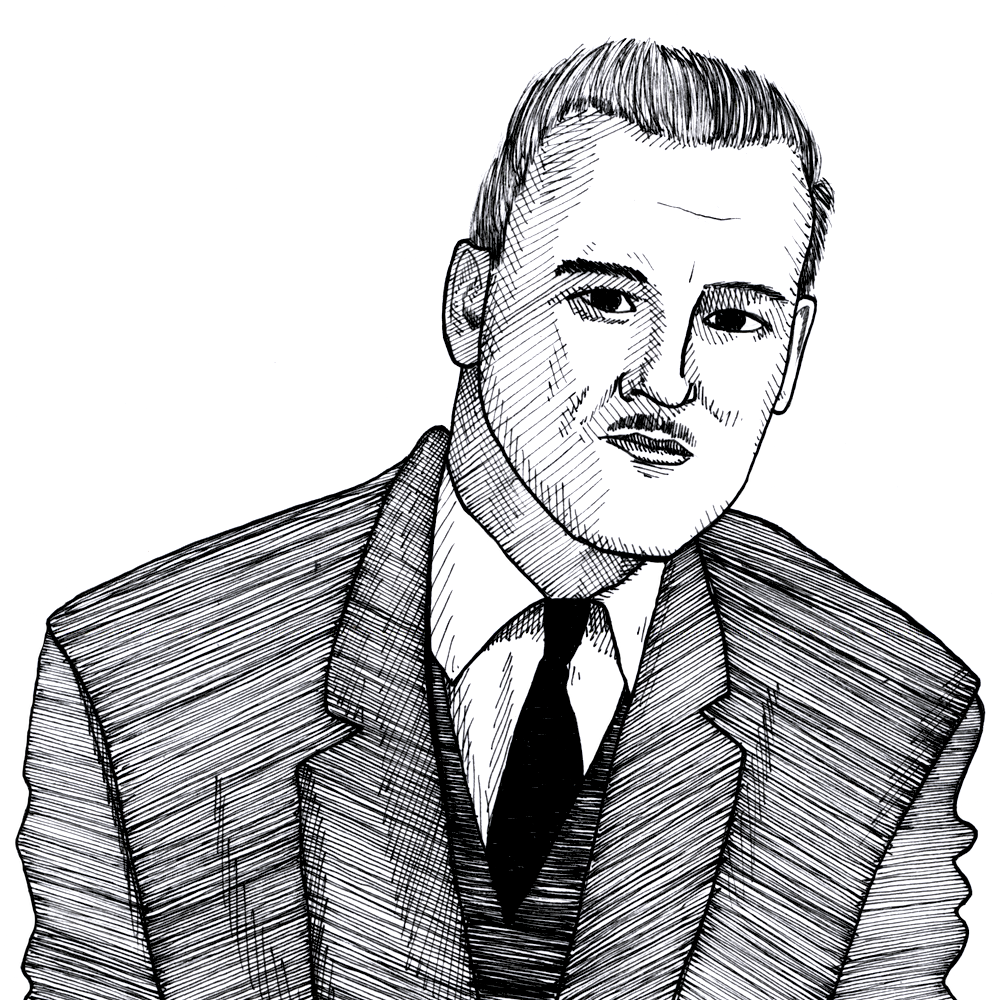
James Buchanan on “process” and the market order (1982)
Found in: Literature of Liberty, Winter 1982, vol. 5, No. 4
In a discussion prompted by an essay on “Spontaneous Order” by Norman Barry, the economist James M. Buchanan (1919-2013) provides one of the most succinct descriptions of how a market order emerges spontaneously by a process of free exchanges:
Economics
I want to argue that the “order” of the market emerges only from the process of voluntary exchange among the participating individuals. The “order” is, itself, defined as the outcome of the process that generates it. The “it,” the allocation-distribution result, does not, and cannot, exist independently of the trading process. Absent this process, there is and can be no “order.”…
Individuals do not act so as to maximize utilities described in independently-existing functions. They confront genuine choices, and the sequence of decisions taken may be conceptualized, ex post (after the choices), in terms of “as if” functions that are maximized. But these “as if” functions are, themselves, generated in the choosing process, not separately from such process. If viewed in this perspective, there is no means by which even the most idealized omniscient designer could duplicate the results of voluntary interchange. The potential participants do not know until they enter the process what their own choices will be. From this it follows that it is logically impossible for an omniscient designer to know, unless, of course, we are to preclude individual freedom of will.